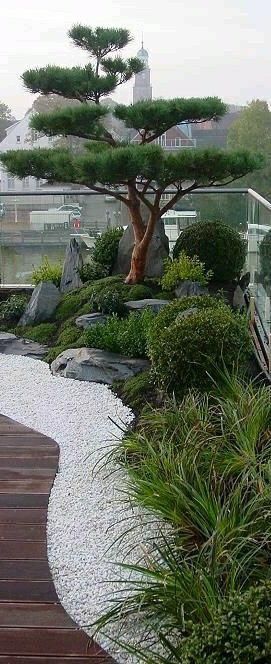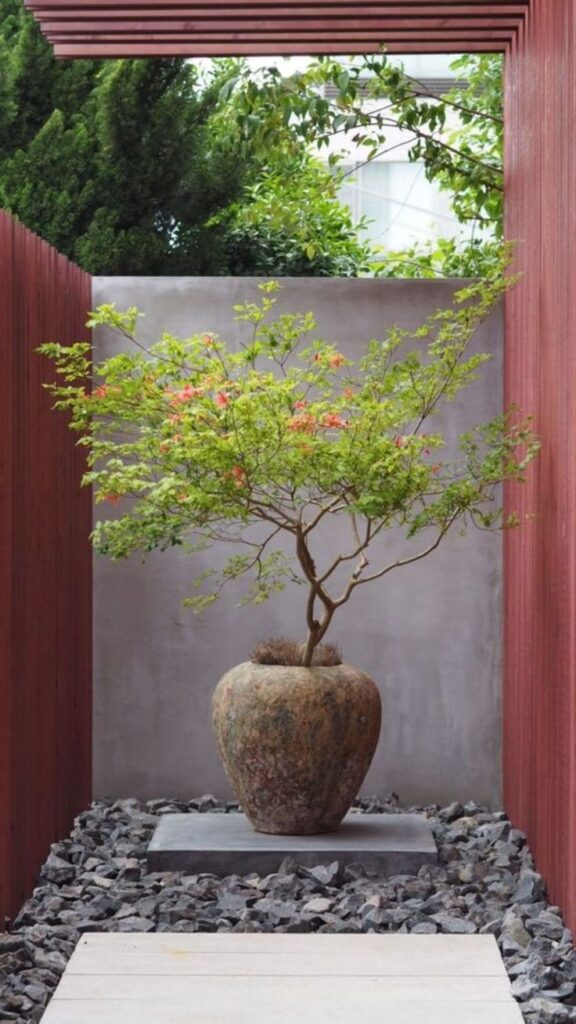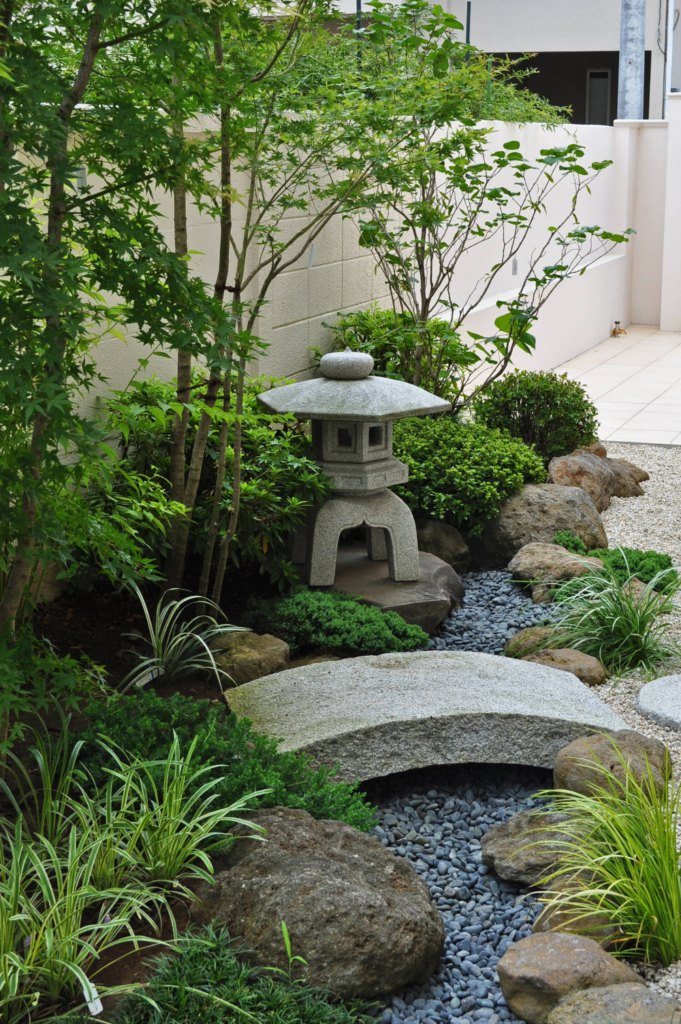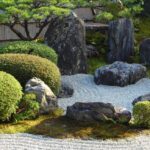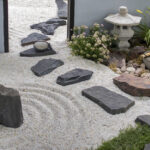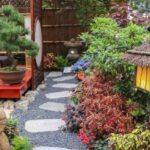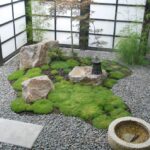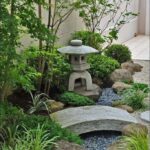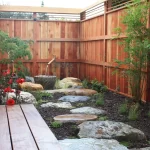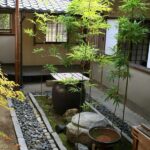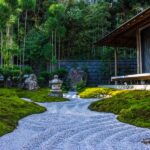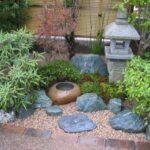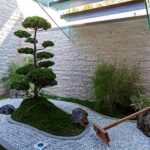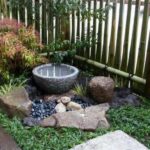Small Japanese Zen gardens, also known as “dry landscape gardens” or “karesansui,” are a traditional form of garden design that originated in Japan hundreds of years ago. These miniature gardens typically consist of carefully arranged rocks, gravel, moss, and sometimes small plants, all designed to symbolize and evoke the essence of nature.
One of the key principles behind Japanese Zen gardens is simplicity. Each element is carefully chosen and placed to create a sense of harmony and tranquility. The rocks, which are often arranged in patterns representing mountains or islands, are considered to be the “bones” of the garden, while the gravel or sand is raked in patterns to symbolize ripples in water or waves in the ocean.
Despite their small size, Japanese Zen gardens are designed to be contemplative spaces where visitors can relax, meditate, and reflect. The minimalist design encourages mindfulness and presence in the moment, making them perfect for those seeking a respite from the hectic pace of modern life.
In addition to their spiritual and aesthetic qualities, small Japanese Zen gardens also have practical benefits. Because they require minimal maintenance and water, they are ideal for small spaces or urban environments where traditional gardening may not be possible. They can be easily incorporated into a variety of settings, from outdoor patios to indoor spaces like offices or meditation rooms.
Creating your own small Japanese Zen garden can be a rewarding and meditative experience. Even if you don’t have a green thumb, you can still create a beautiful and peaceful space by carefully selecting and arranging rocks, gravel, and other elements. Whether you choose to follow traditional design principles or put your own creative spin on it, a small Japanese Zen garden can bring a sense of calm and tranquility to any space.
